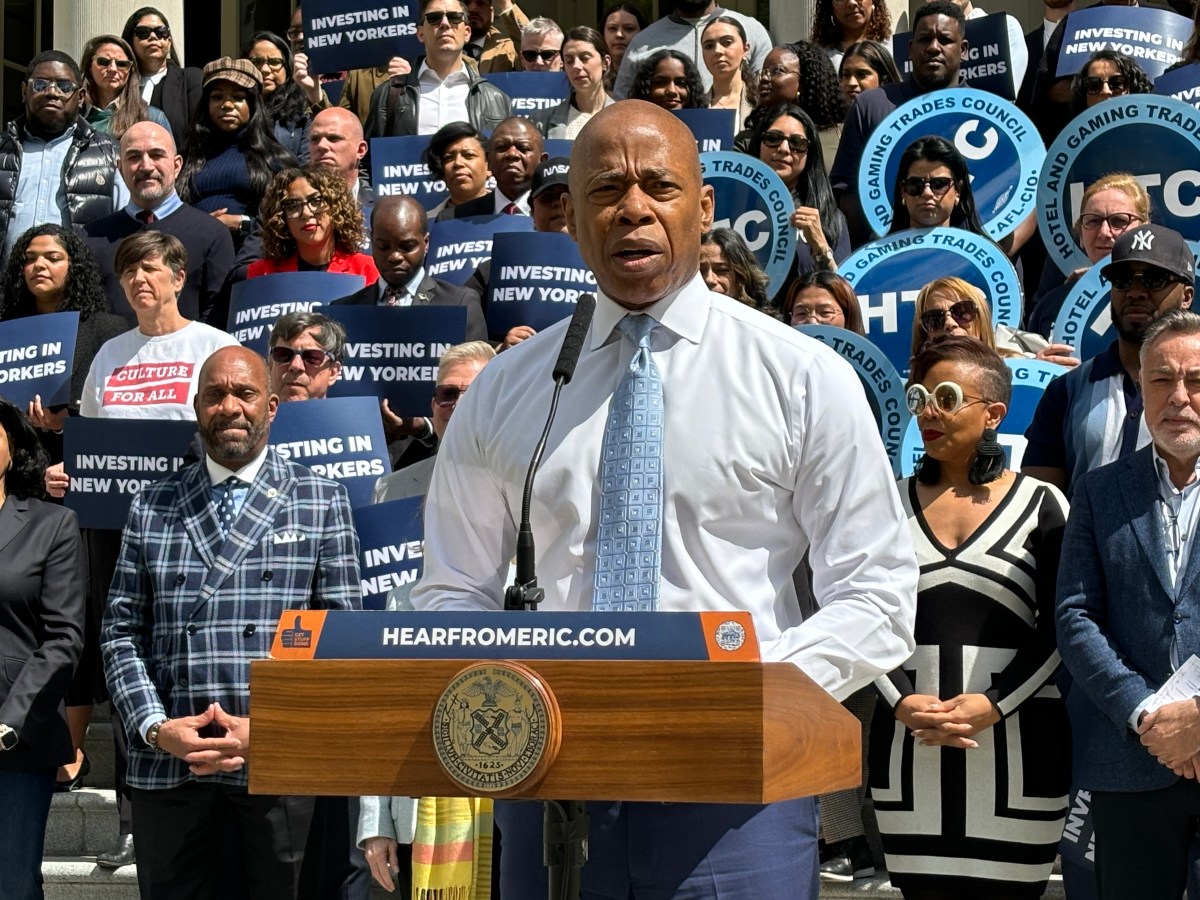The key for environmentalists in passing along their message is to discuss concerns from all angles.
“If you can discuss a problem from these perspectives, and not just from the environmentalist “morality” angle, you have a much better chance of being heard and making an impact.”
We recently met someone who proudly identified herself as a “tree hugger.” Wow, does that term take us back!
Many environmentalists have worn the mantle of tree hugger with honour, us included. But it had been awhile since we heard it. It harkens to the battles over old growth forests when the environmental issue at the forefront was habitat preservation for endangered species and conservation of rainforests.
Twenty years ago, the original generation of tree huggers was predominately young people, often university students. Reflecting on those days, we did not do as well as we could have in explaining our concerns. We ran information campaigns as much on emotion as on information. There was an almost religious fervour. And because of this, we were easily dismissed as kooks. Tree hugger was a derogatory term that marginalized environmentalists, allowing us to be viewed as wild-eyed and radical. And, indeed, the actions of some tree huggers fuelled this view.
Today, the environmental movement is still carried largely by the young. The progress we need to make as a society needs the energy and commitment that youth brings. It is encouraging to see a rebirth and growth of environmental consciousness in this group. They can, and we believe will, transform society if they can avoid some of the pitfalls of their predecessors.
The key will be learning to discuss environmental concerns from all angles. One environmentalist recently said that, for her, protecting the environment is a clear moral obligation. We do not disagree, however, any action that has an environmental impact will also have economic, political and social impacts. For you, protection of the environment may always come first. But for another, it may be the economy, and for another it may be social justice.
Be pragmatic. Often, protection of the environment will have long-term economic benefits and will promote social justice. But you need the person you are talking to to understand this, and that person may rank social, economic, political, and environmental considerations very differently than you. To have a constructive conversation, it is crucial to understand these other dimensions, as well as to have some scientific perspective on the issue. If you can discuss a problem from these perspectives, and not just from the environmentalist “morality” angle, you have a much better chance of being heard and making an impact.
Often, we pass a man handing out pamphlets, sporadically yelling “Praise God!” We have never seen anyone accept a pamphlet and doubt this would-be evangelical has ever converted a soul. In our way, tree huggers made the same mistakes 20 years ago. Wild-eyed and unkempt, we yelled, “Save the rainforests!” without doing a good job of rationally discussing the ecological value of the rainforests, or the long-term social and economic damage that over-harvesting would do.
We hope today’s young (and old) environmentalists will learn from these mistakes and be more savvy. If not, they risk being tagged with new monikers designed to marginalize; maybe “greenhouse gasbags” or “carbon curmudgeons.”
Sophia Dore & Andrew Laursen
Andrew Laursen is an assistant professor at Ryerson University, studying ecosystem ecology. Sophia Dore is an environmental scientist with Conestoga-Rovers & Associates, an environmental consulting company.
















